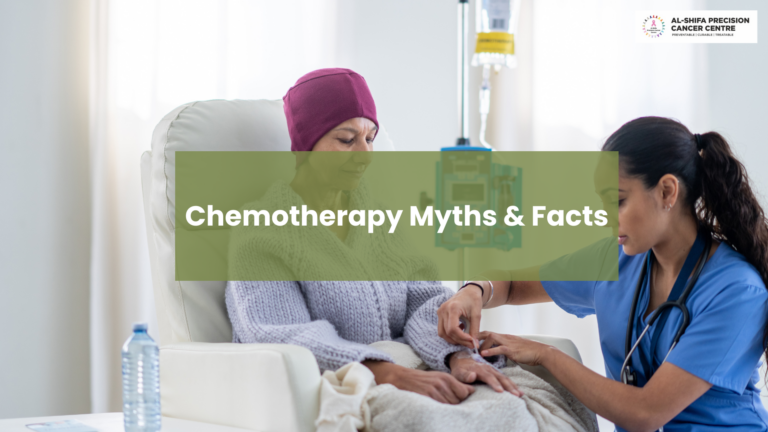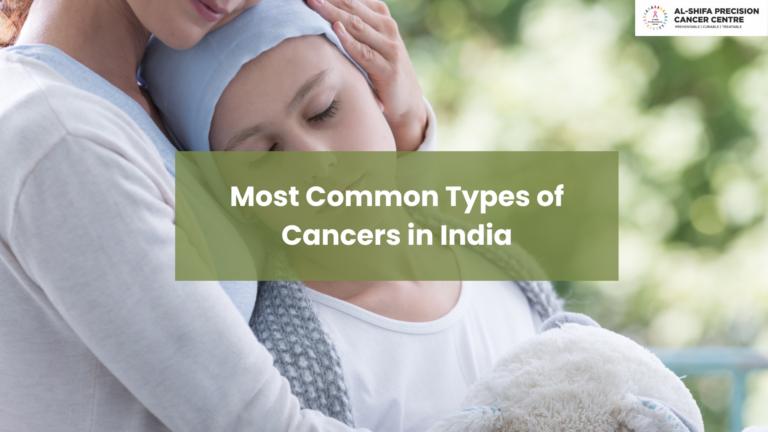As an oncologist, one of the most crucial aspects of my work is helping patients and their families understand their cancer journey. Today, I want to share some essential knowledge that can help anyone affected by cancer make more informed decisions about their care.
Early Detection Matters
The single most important factor in successful cancer treatment is often early detection. Regular screenings and awareness of potential warning signs can make a significant difference in treatment outcomes. Common warning signs include:
- Unexplained weight loss
- Unusual bleeding or bruising
- Persistent fatigue
- Changes in skin appearance
- Unexplained pain
- Changes in bowel or bladder habits
Modern Treatment Approaches
Cancer treatment has evolved significantly in recent years. We now have several powerful tools in our arsenal:
1. Targeted Therapy
Unlike traditional chemotherapy, targeted therapy focuses on specific genes or proteins found in cancer cells or cells that contribute to cancer growth. This approach often results in fewer side effects compared to conventional treatments.
2. Immunotherapy
This revolutionary treatment helps your immune system fight cancer. It’s showing remarkable results in many types of cancers, particularly melanoma and lung cancer. Some patients achieve long-term remission with immunotherapy alone.
3. Precision Medicine
We can now analyze a tumor’s genetic makeup to choose the most effective treatment. This personalized approach means better outcomes with fewer unnecessary treatments.
Managing Side Effects
Treatment side effects vary greatly among patients. Some common strategies for managing them include:
- Maintaining good nutrition through small, frequent meals
- Staying hydrated
- Getting adequate rest while maintaining light physical activity
- Using prescribed medications for symptom management
- Practicing stress-reduction techniques
The Importance of Support Systems
Cancer treatment isn’t just about medical interventions. A strong support system is crucial for optimal outcomes. This includes:
- Family and friends
- Support groups
- Mental health professionals
- Social workers
- Nutritionists
- Physical therapists
Looking to the Future
Cancer research is advancing rapidly. Promising developments include:
- Liquid biopsies for easier cancer detection
- CAR T-cell therapy expansion
- AI-assisted treatment planning
- New combinations of existing therapies
Tips for Caregivers
If you’re caring for someone with cancer:
- Take care of yourself too
- Accept help when offered
- Keep organized records
- Communicate openly with the healthcare team
- Learn about available resources
Your Path Forward: Taking Action with Hope
Cancer treatment can feel overwhelming, but knowledge is power. Don’t hesitate to ask questions or seek second opinions. Remember that every cancer journey is unique, and what works for one person may not work for another.
The most important thing to remember is that you’re not alone in this journey. Modern cancer care is increasingly effective, and new treatments are being developed all the time. Stay informed, maintain hope, and lean on your support system when needed.
Together, we can face cancer with knowledge, strength, and determination.



